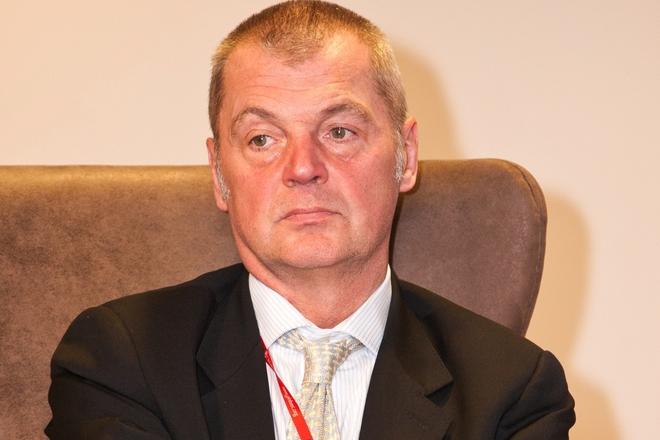WE NEED to be able to assist our neighbours in becoming more secure themselves because their security is our security, and their stability is our stability, says Antonio Missiroli, a former adviser to the Bureau of European Policy Advisers (BEPA) of the European Commission. Missiroli also argues that some urgency is required to address the security issues facing the European Union, pointing to the cumulative effect of declining defence budgets among EU countries and warning that this may lead to a collective loss of EU defence capabilities.
The Slovak Spectator spoke to Missiroli about the security challenges that the EU faces, the impact of the economic crisis on defence budgets and about the EU battle group that the Visegrad Group (V4) plans to establish.
The Slovak Spectator (TSS): What are the most significant security challenges facing the European Union?
Antonio Missiroli (AM): Some of the threats are [intangible] and are not easy to locate, and many threats today are considered part of cyber security, which is not only about potential hackers, since whole countries might be the target. Then there are security-related challenges that come from the neighbourhood of the EU due to a number of factors which stem from globalisation, transport systems, communications: the neighbourhood is much bigger than it used to be.
The neighbours of our direct neighbours affect our own security in many ways, for example instability and radicalism on the far borders of our neighbours affect our security.
We need to be able to assist our neighbours in becoming more secure themselves because their security is our security, and their stability is our stability.
Awareness of the scope of these challenges is starting to grow and there is an effort to coordinate policies and capabilities in this respect, be it within the EC, between the EC and external services or among the member states as well. Certainly there is a certain urgency to do this, because we may risk being forced just to respond to negative actions coming from outside the EU without being able to prevent these actions.
TSS: The continuing economic crisis is accompanied by defence budget cuts and the inability of countries to update their military technology. For example, in Slovakia 70 percent of the military’s land vehicles and weapons are already obsolete. What are the options for these countries? How do these developments impact security issues?
AM: Well this is not just Slovakia’s problem, as it concerns everybody across the EU with one or two exceptions. Cuts to defence budgets are driving down the military capabilities even of bigger countries.
There is a risk of an accumulating effect of cuts conducted in isolation by each country due to budgetary constraints leading to a collective loss of capabilities and also having multiplying effects.
Thus we need to coordinate a sort of concerted policy that could drive us to better cooperation and to a certain degree of complimentary nature of forces. It means that some countries could develop some capabilities and neglect others because some partners and allies can do that for them. Thus, we have to be even more drastic in cutting those capabilities that we do not need any more.
Are tanks still useful in modern warfare or in expeditions and military operations? Certainly not, and therefore even if we cut even more of them that is not a big loss for our collective capabilities. But we have to be able to translate those savings into investment in new capabilities that can be collective.
TSS: The governments of Visegrad countries already made a commitment, in May 2012, to work towards establishing a V4 EU battle group, which should be ready for deployment by 2016. What are the biggest challenges for such a battle group?
AM: The V4 battle group is precisely a sign of the times, when you have to pool your capabilities and develop them together while sharing them in practice. There are other sub-groupings of countries inside the EU, for example a Nordic operation, or cooperation among the Benelux
countries, etc.
The challenge is to bring all these different islands of cooperation into something more structured. There are large margins for improvement in this respect. You need a kind of conductor for an orchestra that can develop specific units to sing the same song, but you need a script and you need a conductor to bring them together.



 Antonio Missiroli (source: Courtesy of the Slovak Atlantic Commission)
Antonio Missiroli (source: Courtesy of the Slovak Atlantic Commission)